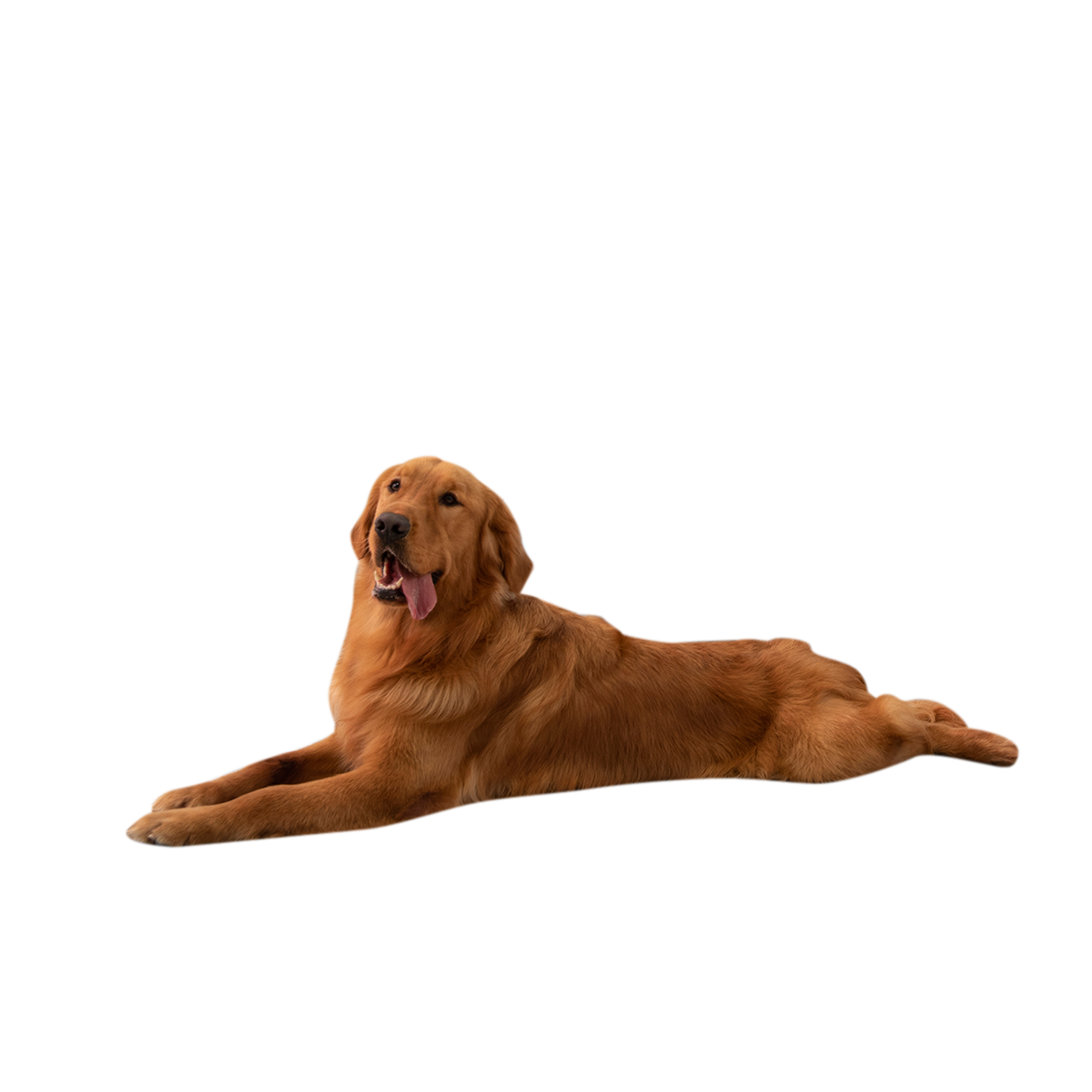If your puppy is aggressively biting you, consult a professional trainer for immediate behavior intervention. Aggressive puppy biting can be a serious issue that requires expert guidance to address.
Dealing with a puppy that bites aggressively can be challenging and concerning. It’s important to understand the reasons behind this behavior and how to address it effectively. Aggression in puppies can stem from teething, fear, or lack of proper socialization.
It’s crucial to address this behavior early on to prevent it from escalating as the puppy grows older. Professional training and positive reinforcement techniques can help modify this behavior and ensure a happy, well-behaved pet.
In the meantime, avoiding rough play and redirecting the puppy’s attention to appropriate chew toys can help curtail aggressive biting tendencies. Taking the necessary steps to address aggressive biting will lead to a safer and more enjoyable experience with your puppy.
Understanding Aggressive Puppy Behavior
Aggressive puppy behavior can be a challenging issue for pet owners. Understanding the causes of aggressive puppy behavior is crucial for effective management. Some common triggers include fear, pain, and lack of socialization. Signs of aggression in puppies may include growling, barking, and snapping. By recognizing these signs early, pet owners can take proactive steps to address and manage aggressive puppy behavior.
Training Techniques To Address Aggressive Biting
One effective technique for addressing aggressive biting in puppies is positive reinforcement training. This involves redirecting the puppy’s behavior by providing appropriate toys and rewarding them for chewing on those instead. By consistently reinforcing this behavior, the puppy will learn that biting on toys is more rewarding than biting on people. It is essential to choose toys that are suitable for chewing and provide variety to keep the puppy interested.
Additionally, using a firm but calm voice and immediately redirecting the puppy’s attention to an appropriate toy when they start to bite can help reinforce the desired behavior. With patience and consistency, positive reinforcement training can help curb aggressive biting and teach the puppy appropriate chewing behaviors.
Establishing Boundaries And Consistency
Setting Clear Rules and Expectations: Teaching your puppy consistent boundaries can help reduce aggressive biting. Clearly communicate what is acceptable behavior and respond consistently when your puppy crosses those boundaries.
Consistency in Training Methods: Use the same training techniques and signals to reinforce positive behaviors. Inconsistency can confuse your puppy and lead to more aggressive behavior.
Socialization And Exposure To Various Stimuli
Socialization and exposure to various stimuli are crucial for your puppy’s development. It is important to socialize your puppy from an early age to ensure they grow up to be well-rounded and friendly dogs. By exposing your puppy to different environments, you are helping them become accustomed to new experiences and reducing the chances of fear or aggression towards strangers or unfamiliar situations.
When your puppy is exposed to various stimuli, they learn how to interact with different types of people, animals, and objects. This helps them build confidence and develop appropriate behaviors. Introducing your puppy to a variety of environments, such as parks, busy streets, and other people’s homes, will expose them to different sounds, smells, and sights, making them more adaptable and resilient.
Remember to always monitor your puppy during socialization exercises and provide positive reinforcement when they react well. Gradually increase the level of stimuli as your puppy becomes more comfortable, ensuring they have positive experiences at all times.
Seeking Professional Help
The key to addressing aggressive biting behavior in puppies is seeking professional help from a dog trainer. Consulting a professional will provide tailored guidance and support to modify your pup’s behavior effectively. Behavioral therapy is a recommended approach for handling aggression in puppies, allowing for positive reinforcement and consistent training strategies.
By working with a professional, you can learn techniques to redirect your puppy’s biting tendencies and establish a calm and harmonious relationship. Remember, early intervention and training are crucial for addressing aggressive behavior in puppies and fostering a safe and respectful environment for both you and your furry friend.
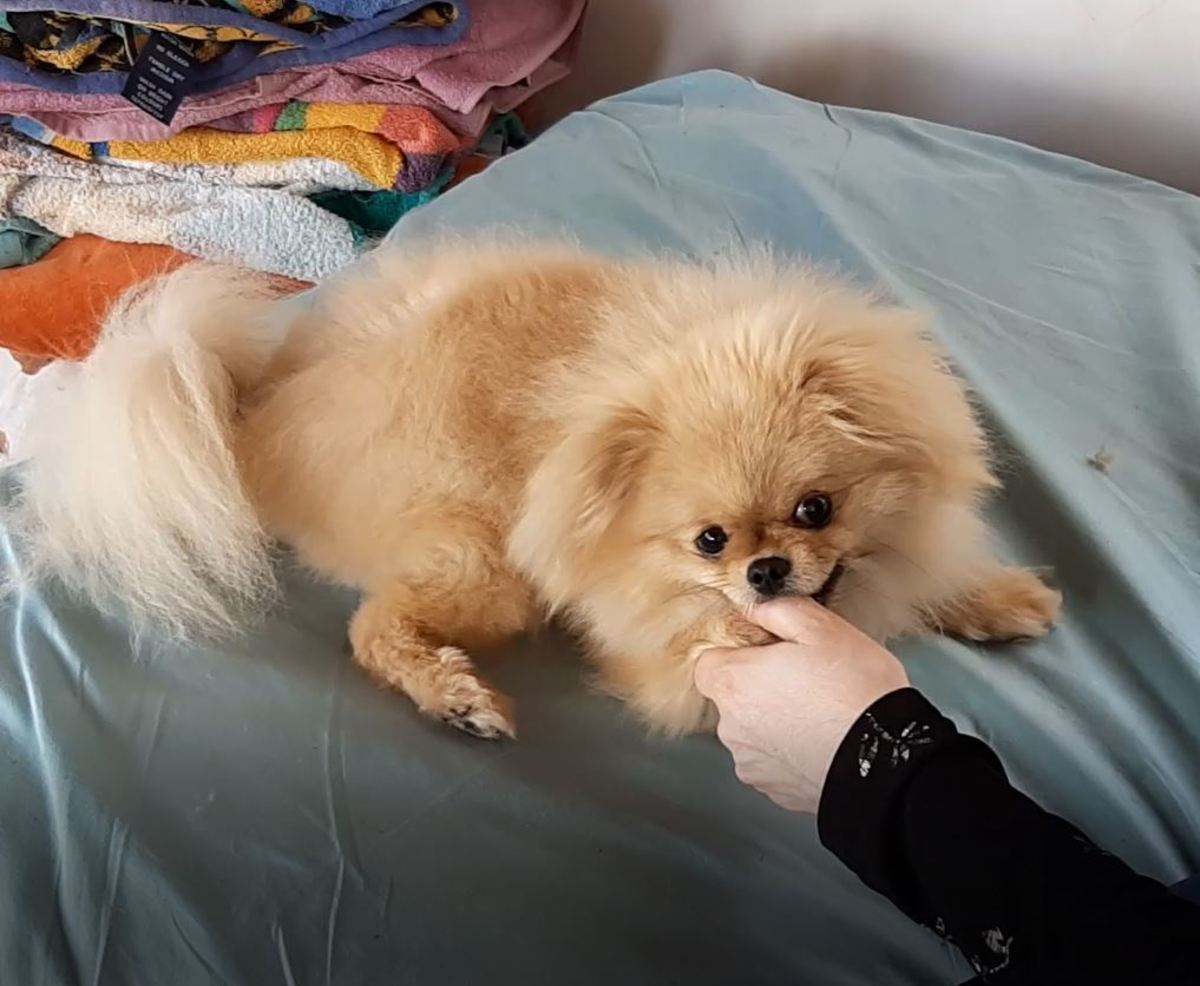
Credit: pethelpful.com
Understanding The Impact Of Teething
Teething is a natural process in puppies where they chew to relieve discomfort. Providing suitable chew toys helps redirect their biting behavior. Introduce a variety of toys to find what they prefer. Make sure toys are safe, durable, and appropriate for their age. Regularly rotate toys to keep them engaged and prevent boredom.
Creating A Safe Environment
Firstly, puppy-proof your home by keeping hazardous items out of reach and securing electrical cords. Use gates to restrict access to certain areas. Next, provide appropriate chew toys to redirect biting behavior. Additionally, avoid rough play to discourage aggressive tendencies. Teach children to interact gently and supervise all interactions. Lastly, seek professional training if aggression persists.
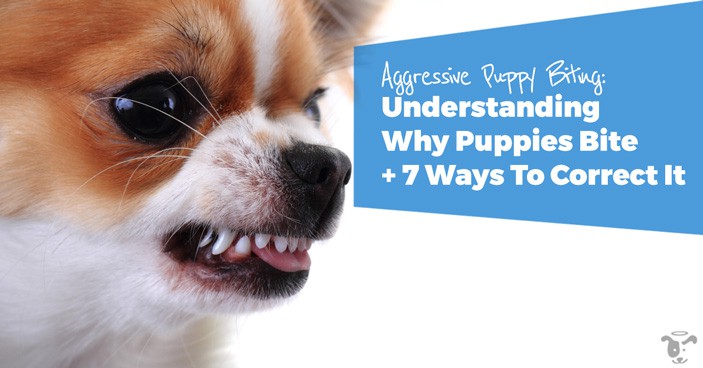
Credit: theonlinedogtrainer.com
Patience And Persistence In Training
Training a puppy to stop biting aggressively requires patience and persistence. It can be a frustrating and challenging process, but with consistent effort, you can see improvements over time.
One important aspect of managing frustration is to set realistic expectations. Remember that puppies have a natural instinct to explore the world through their mouths, and biting is a part of their development. Instead of expecting instant results, celebrate small improvements along the way.
Redirecting your puppy’s biting behavior is another effective strategy. When your puppy starts biting you aggressively, offer a suitable chew toy or redirect their attention to a more appropriate activity. Consistently rewarding them for choosing the right behavior can help reinforce positive habits.
Consistency is key in training. Ensure that everyone in your household follows the same training techniques and rules, as it can be confusing for your puppy if they receives mixed messages.
| Key Points | Methods |
|---|---|
| Be patient and persistent | Redirect biting behavior |
| Celebrate small improvements | Consistency in training |
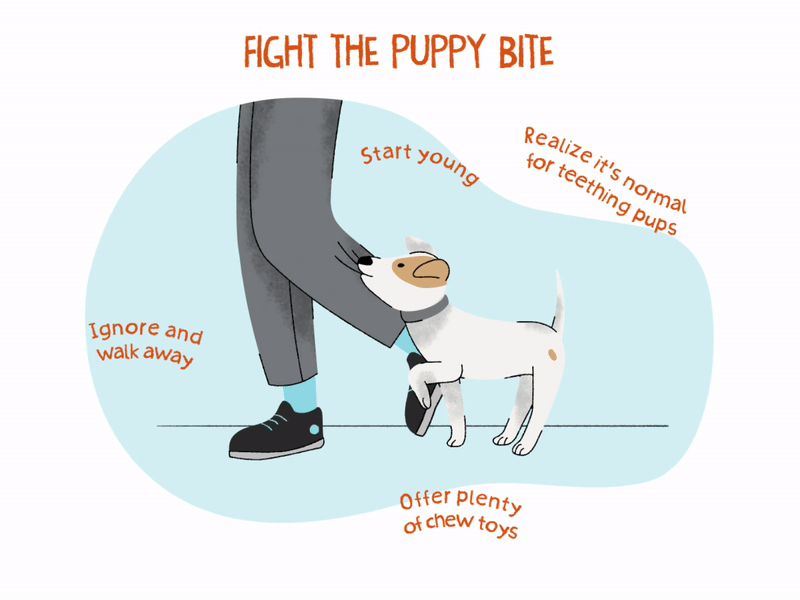
Credit: www.banfield.com
Frequently Asked Questions
How Do I Stop My Puppy From Biting Aggressively?
To stop your puppy from biting aggressively, redirect its focus to chew toys, offer positive reinforcement, and provide consistency in training. Encourage appropriate chewing behavior and seek professional help if needed.
Why Is My Puppy Going Crazy And Biting?
Your puppy may be biting due to teething, playfulness, or lack of socialization. Provide appropriate chew toys and training to redirect their behavior positively.
How Do You Discipline A Puppy From Biting You?
Consistently redirect your puppy’s attention to a chew toy when it bites. Use positive reinforcement with treats when it obeys. Redirect it gently but firmly when it ignores the toy. Avoid physical punishment, and be patient and consistent with training.
Seek professional help if issues persist.
Why Is My Puppy Suddenly Aggressive And Biting Me?
Puppies can become aggressive and bite suddenly due to teething, fear, or frustration. Lack of socialization or fear of humans can also contribute. Providing appropriate chew toys, puppy training, and socialization can help curb the behavior. Seek professional advice if the aggression persists or escalates.
Conclusion
It’s important to address puppy biting early on to prevent aggressive behavior. Remember to provide plenty of chew toys to redirect their biting. Positive reinforcement and consistency in training will help modify this behavior. Seek professional help if the aggression continues.
Ultimately, patience and understanding are key to raising a well-behaved and happy pup.
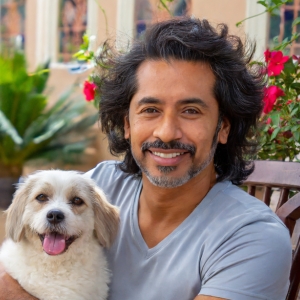
Hello, I’m Ethan Mitchell. My passion is dog training and behavior enthusiasts. With years of experience working with various breeds, my goal at Dog Advisor Pro is to help dog owners build strong, loving relationships with their furry friends through effective training techniques. Understanding a dog’s behavior is the key to harmonious companionship. I am dedicated to sharing practical training tips that improve the lives of dogs and their owners.
